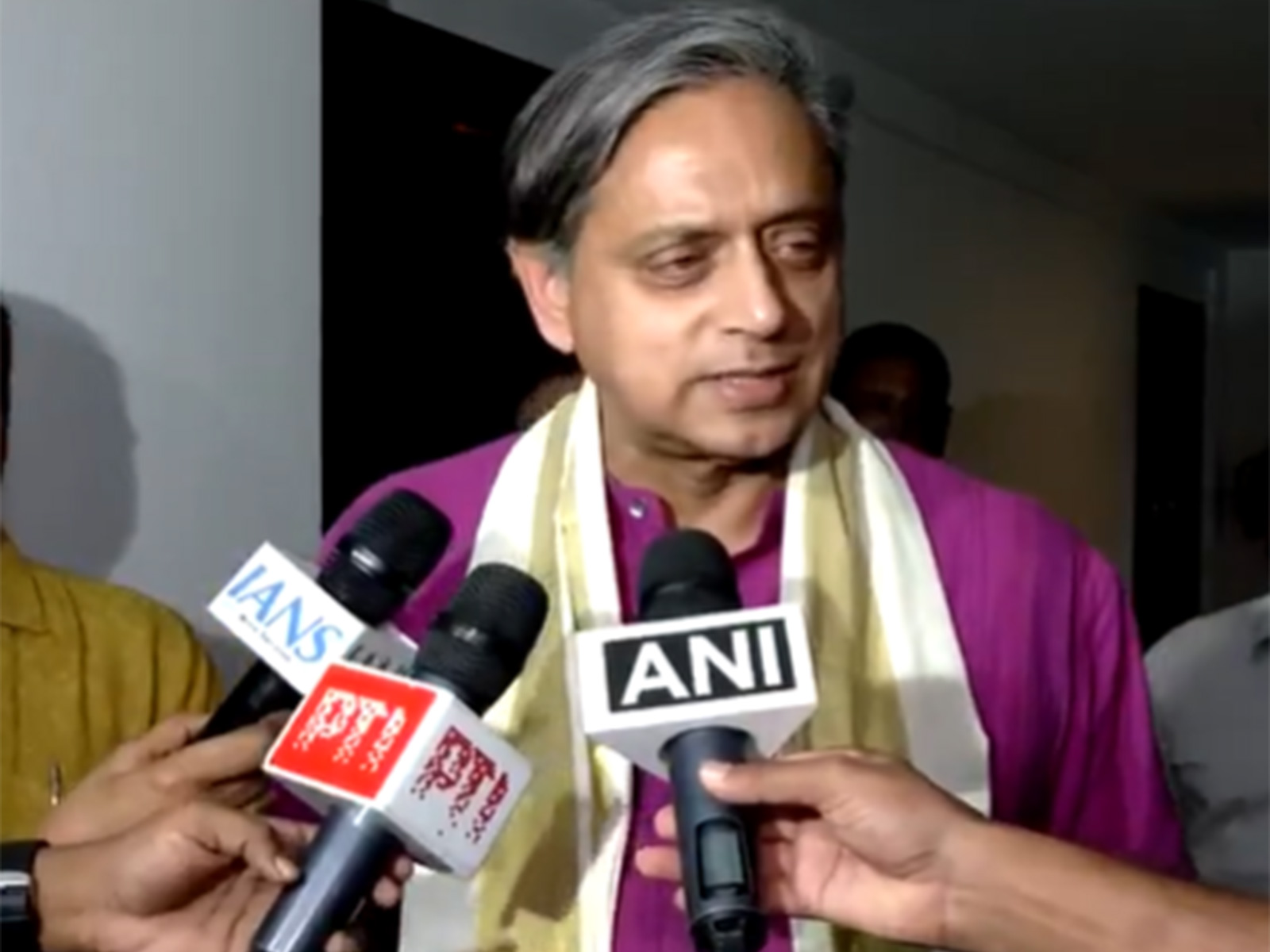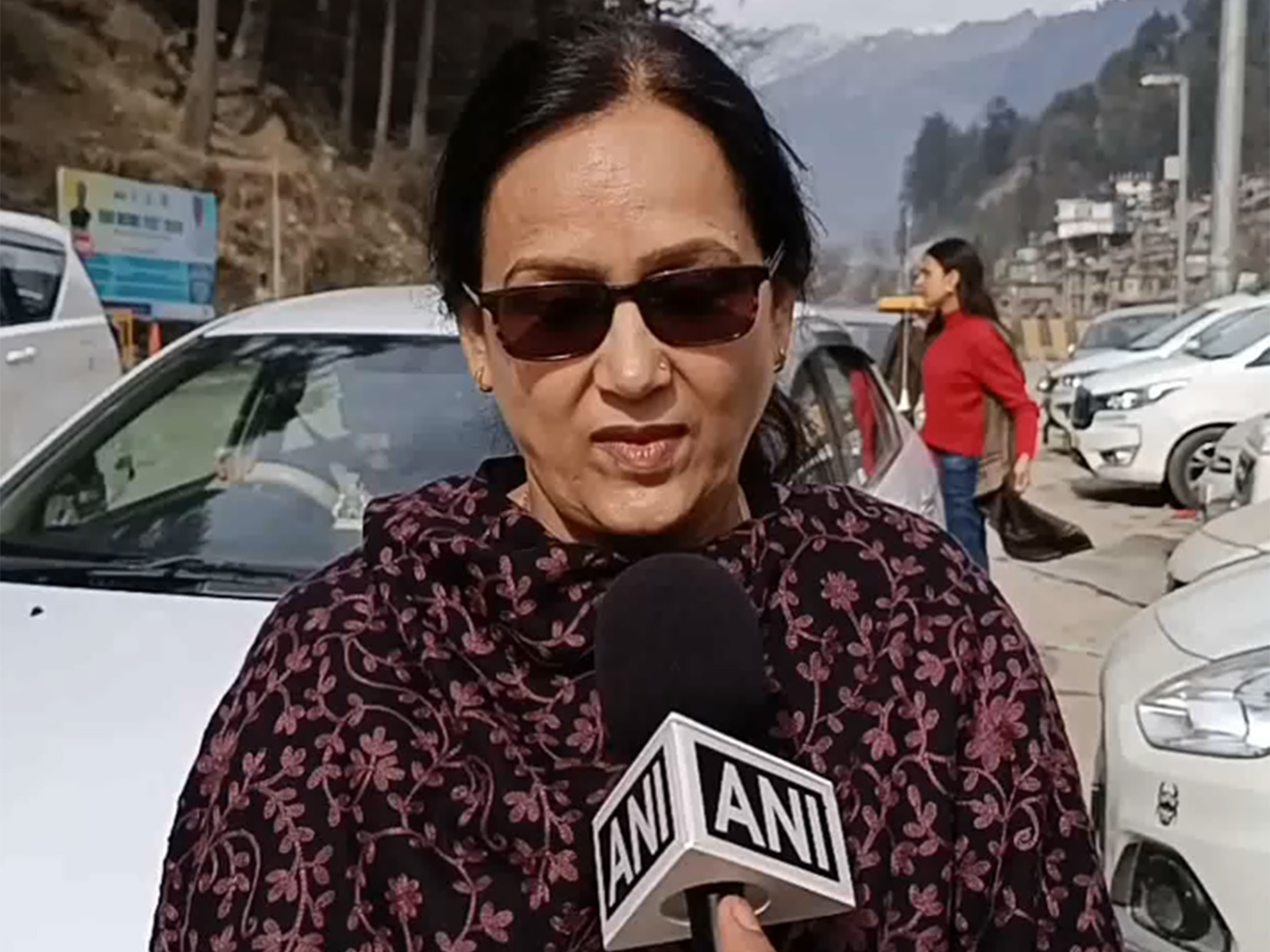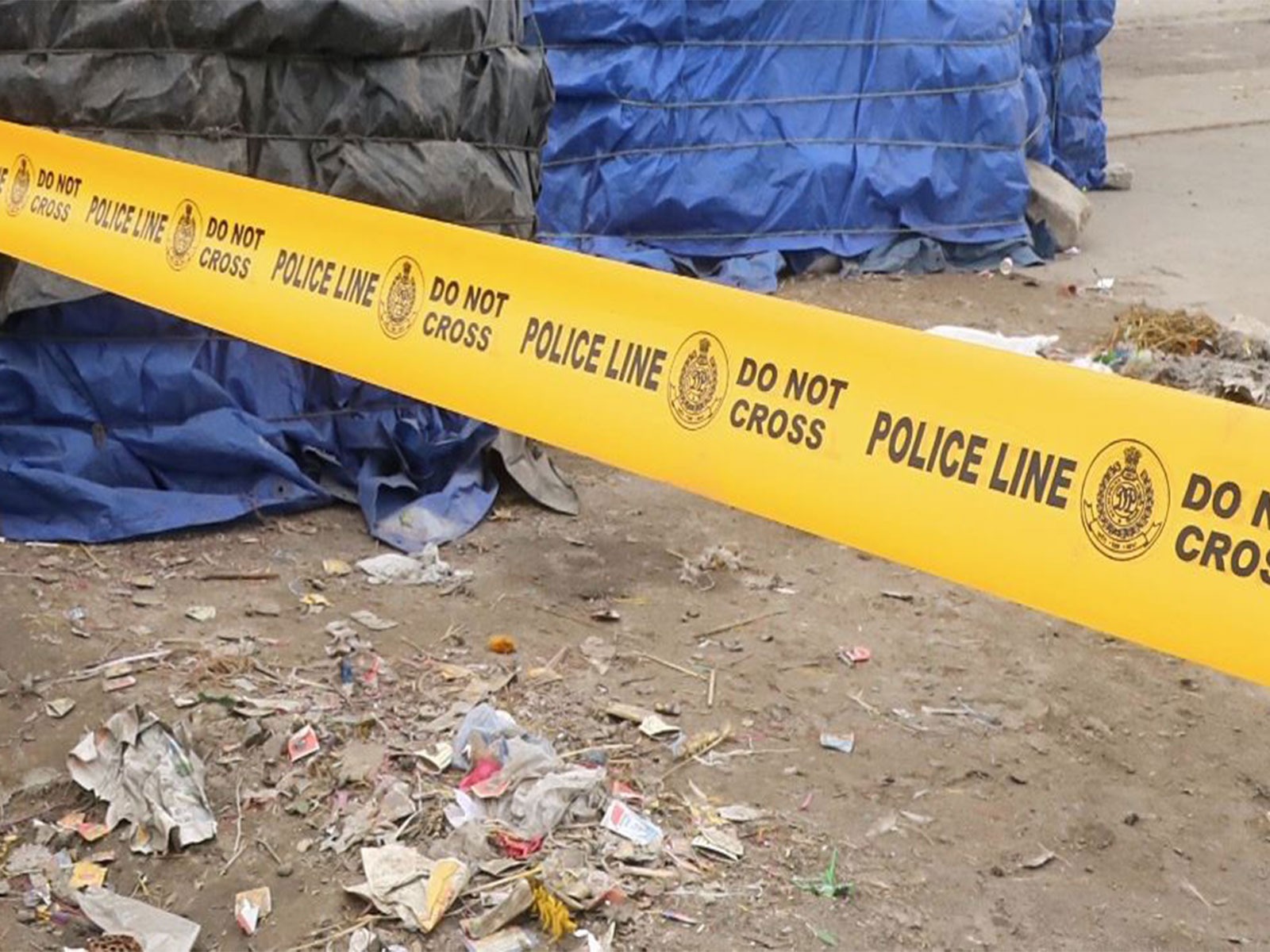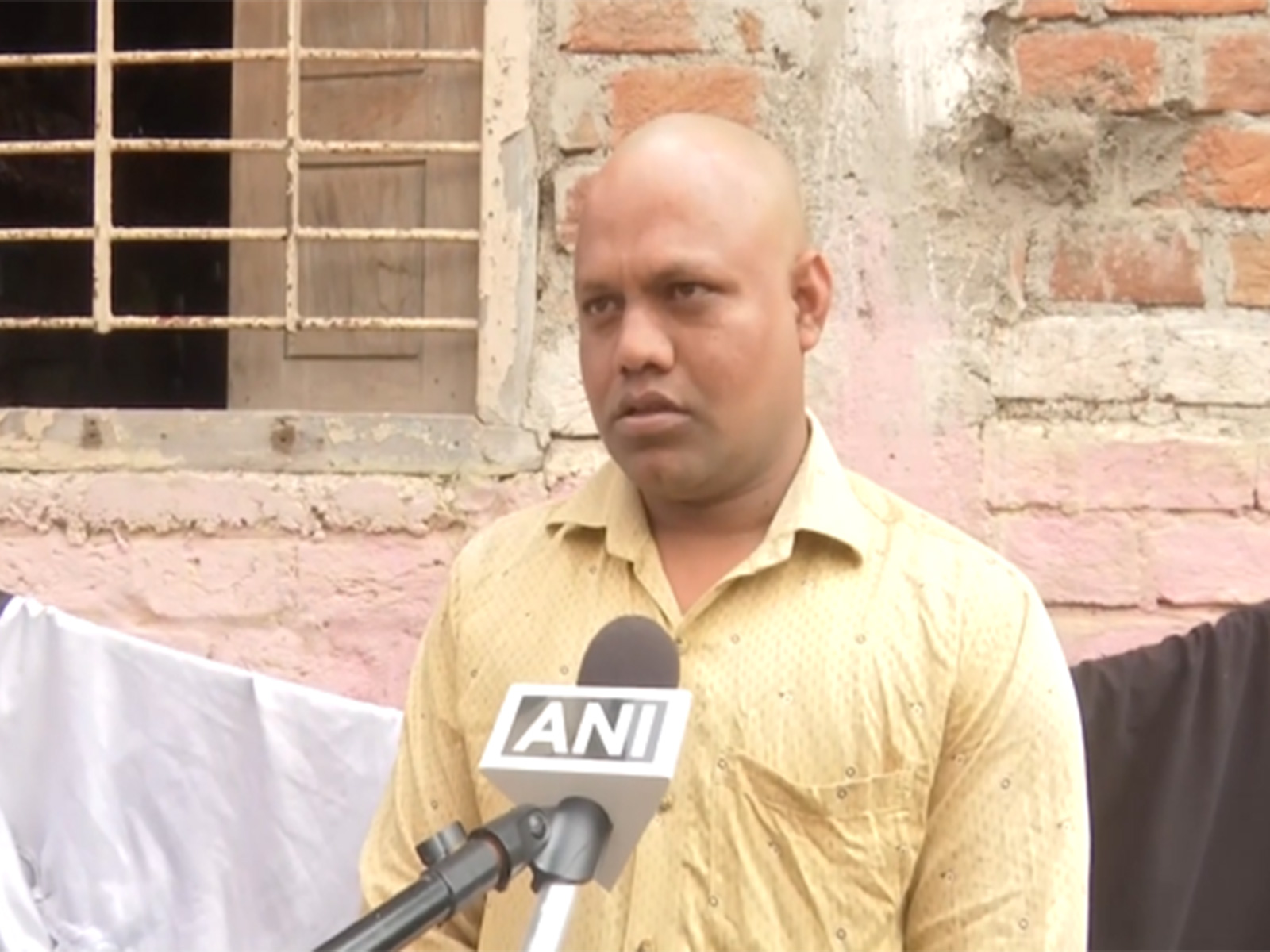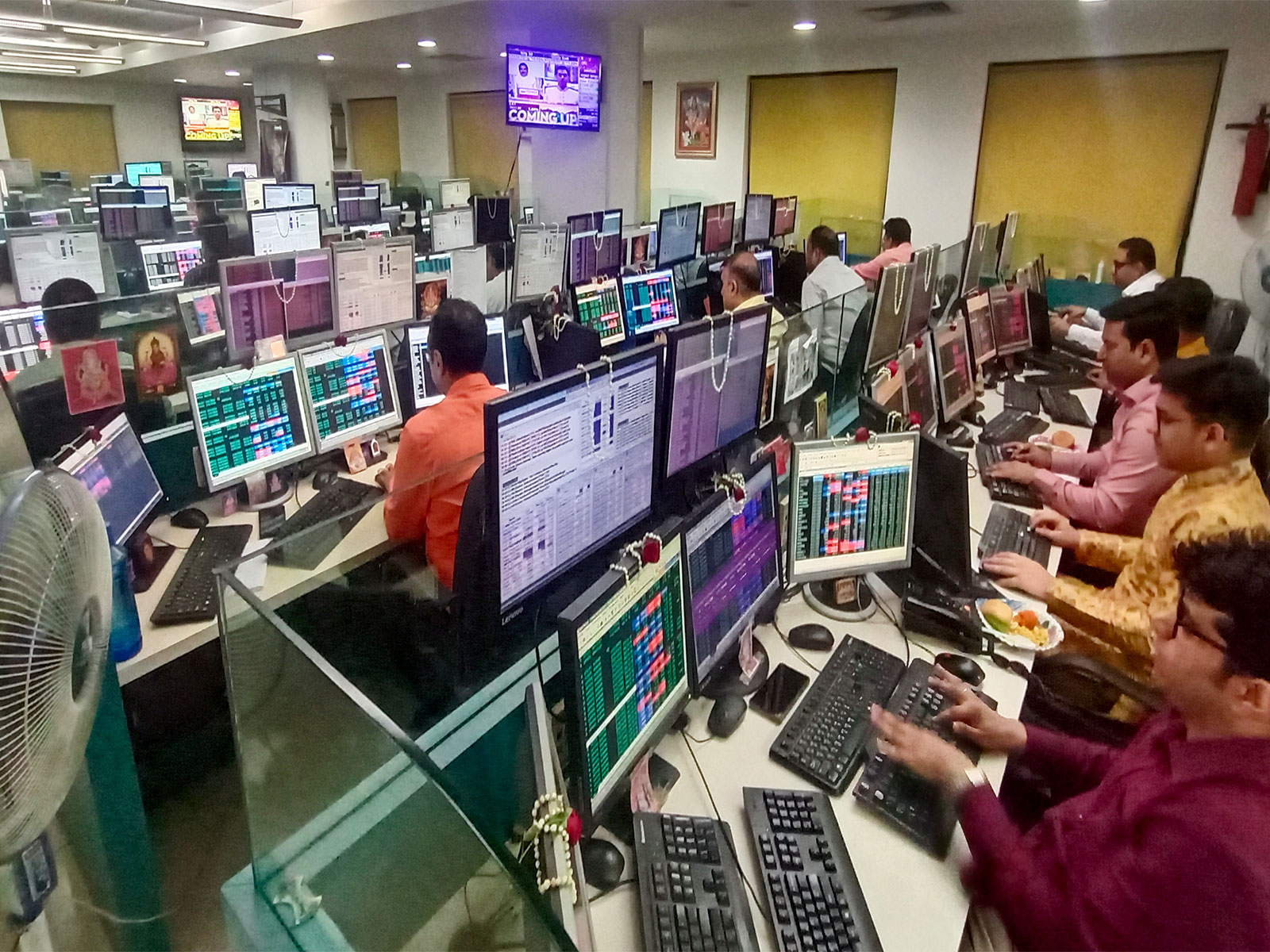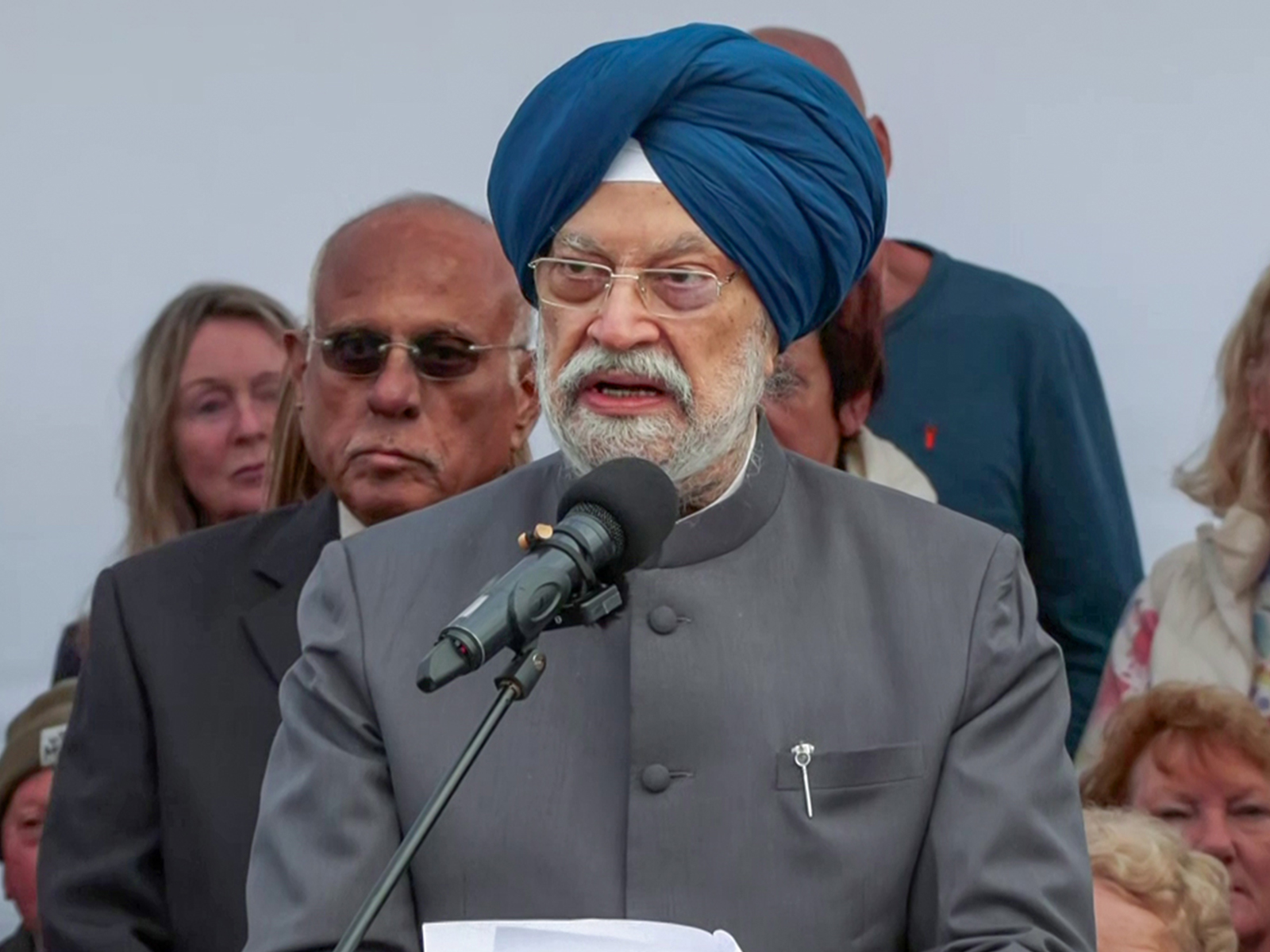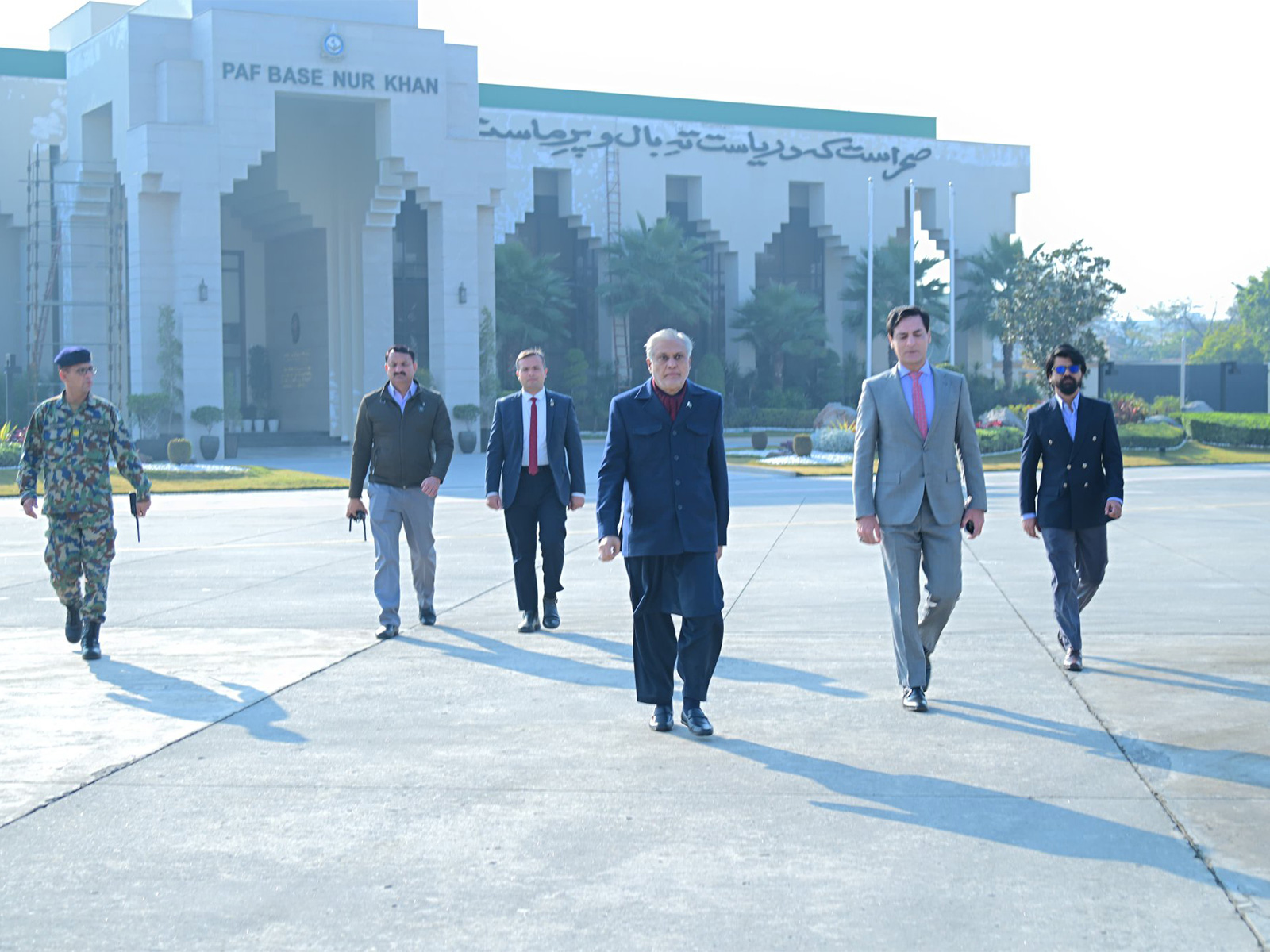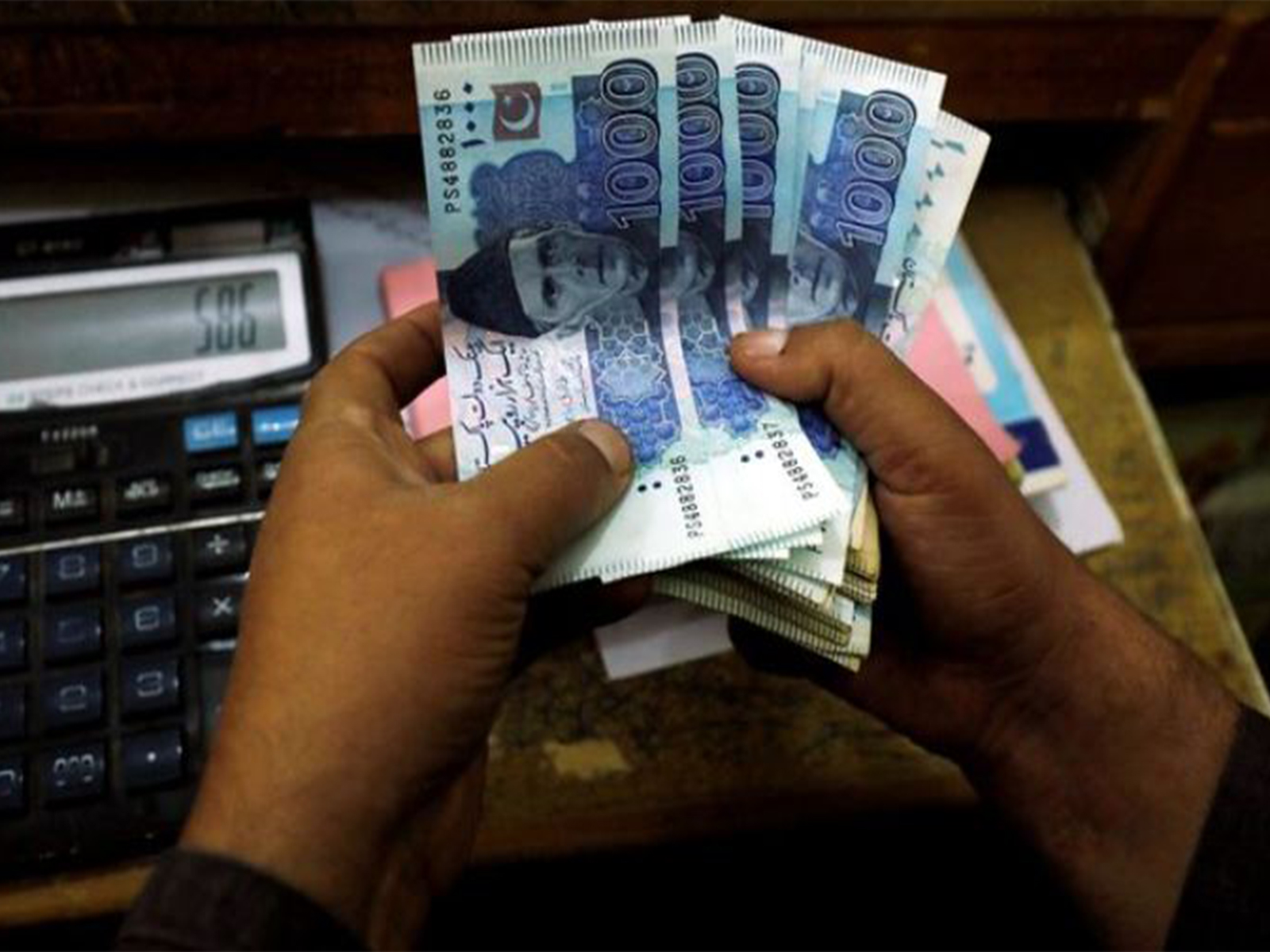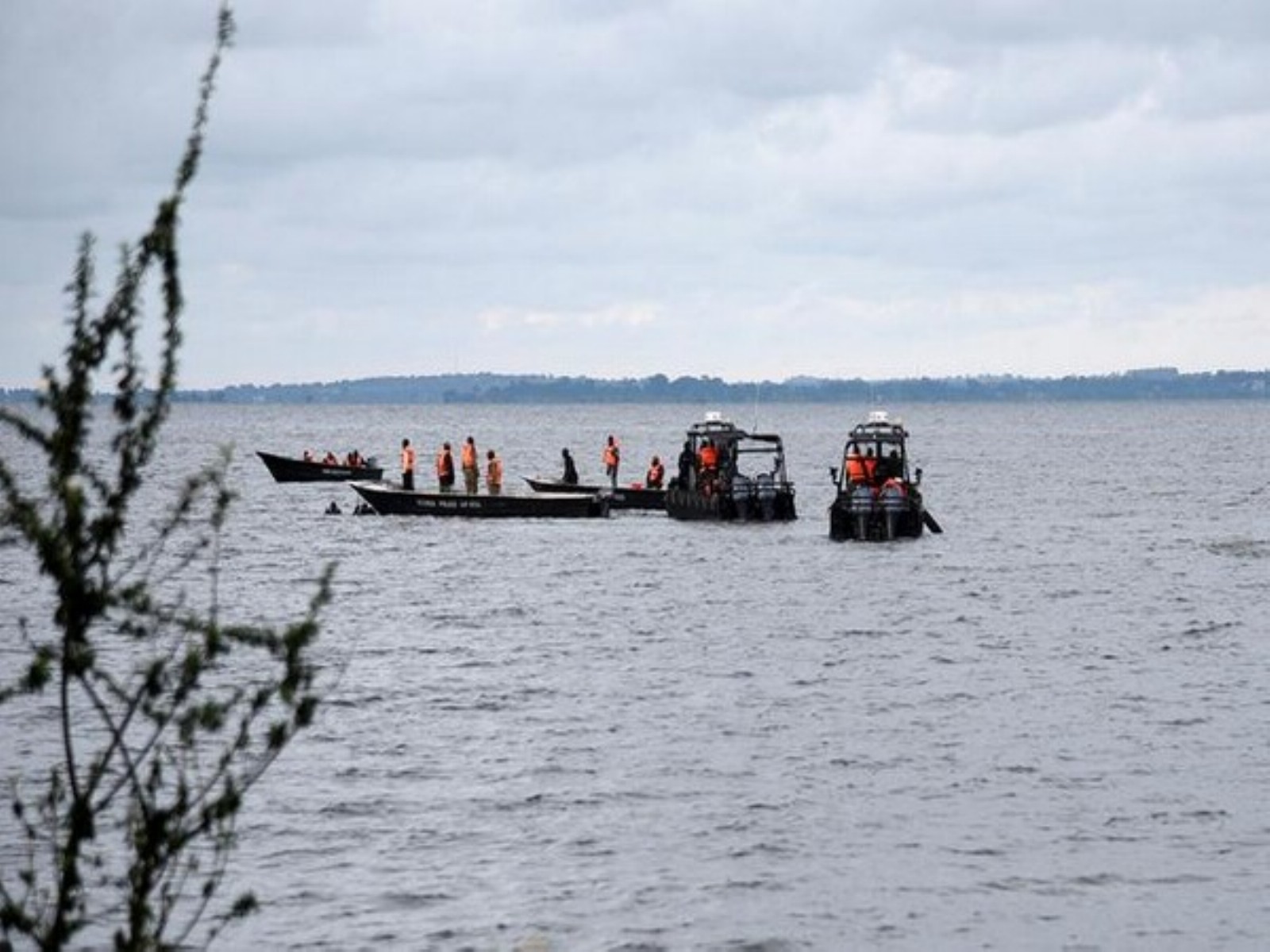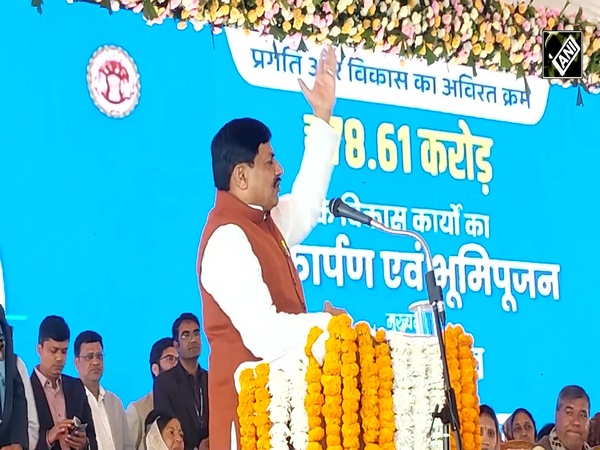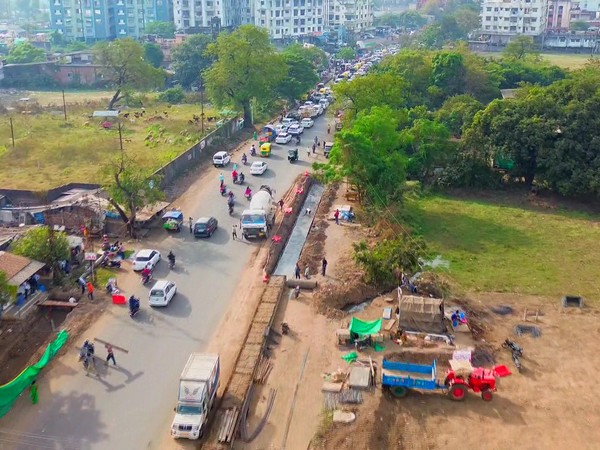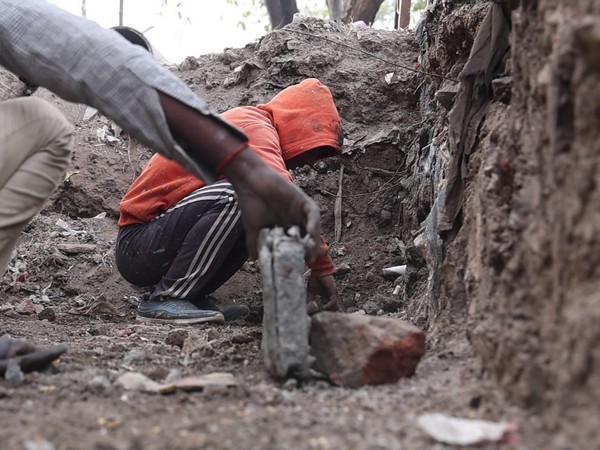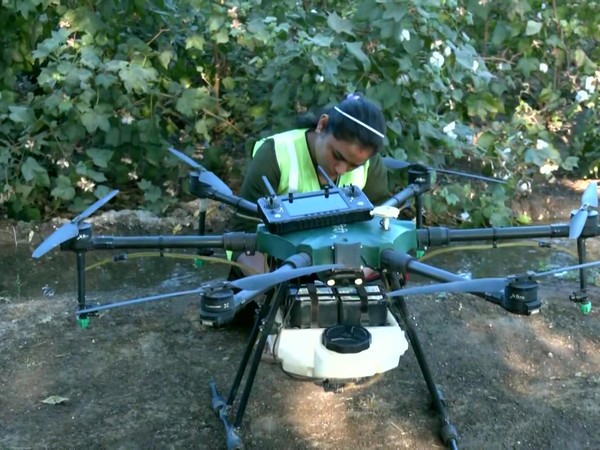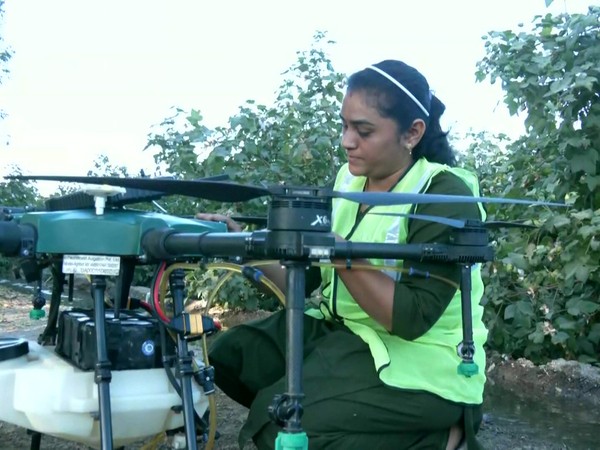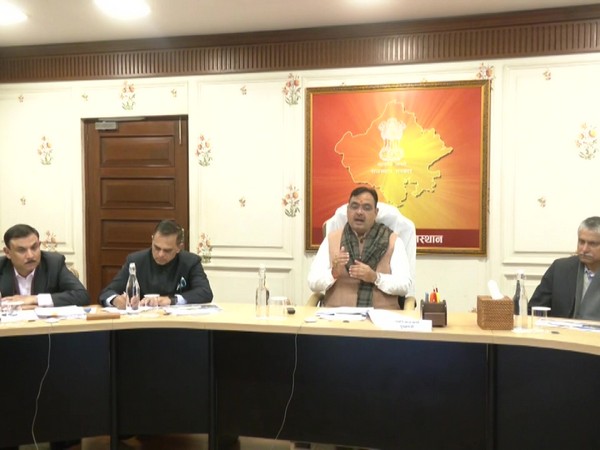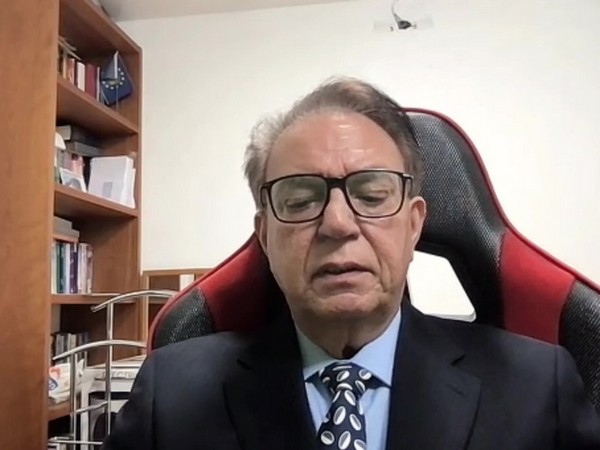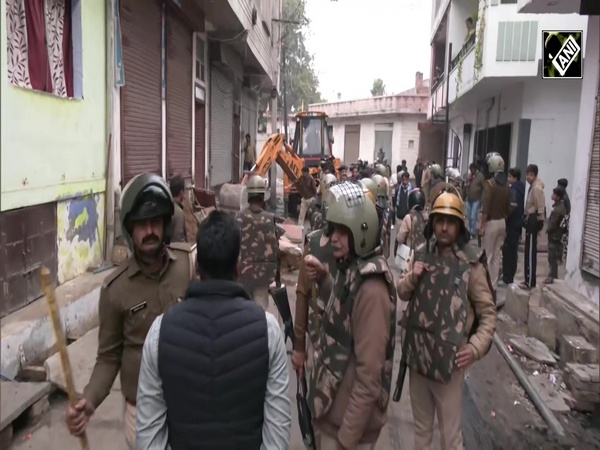Amit Shah to chair 32nd meeting of Northern Zonal Council on Nov 17 in Faridabad
Nov 16, 2025
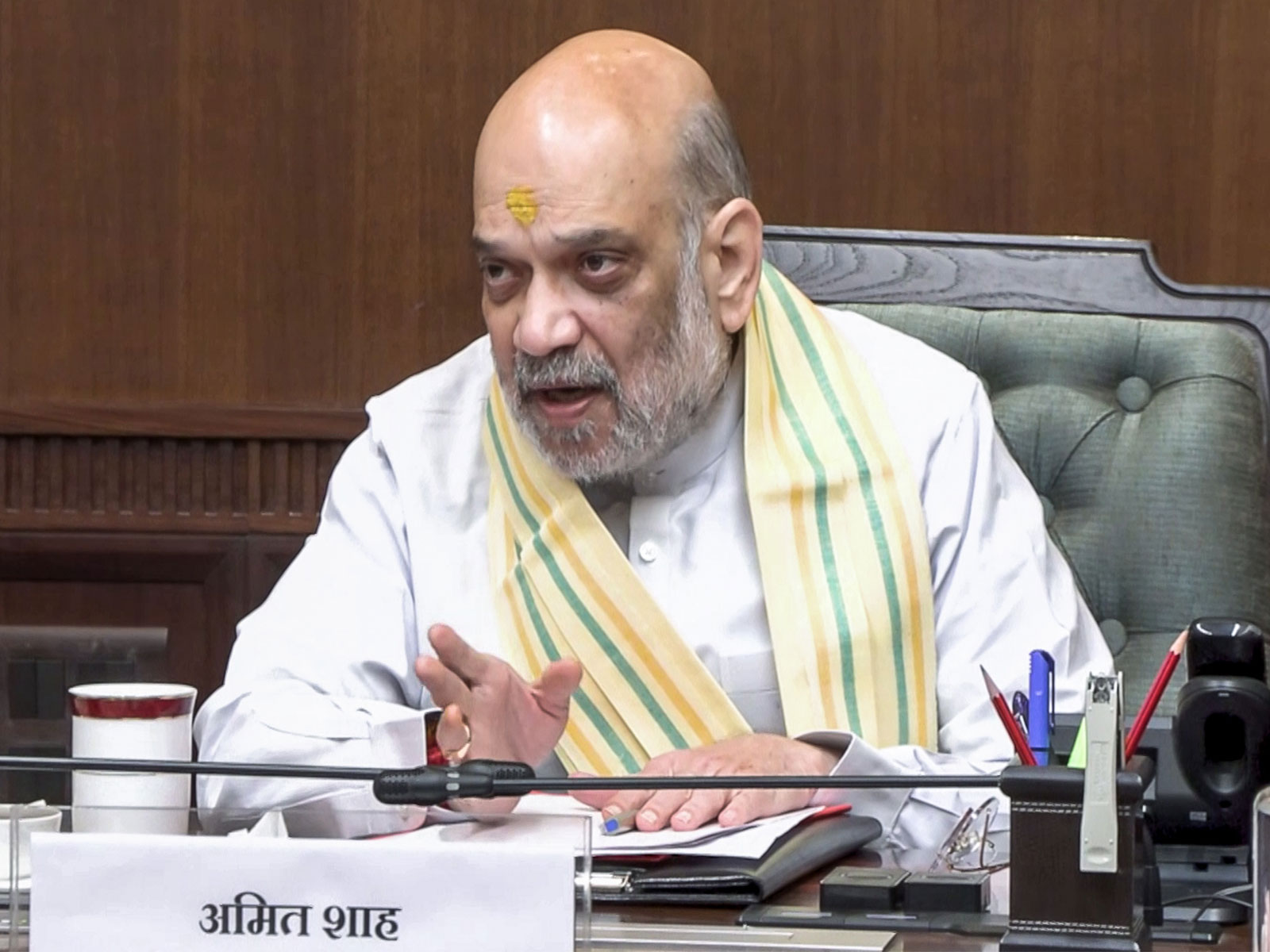
New Delhi [India], November 16 : Union Home Minister Amit Shah will chair the 32nd meeting of the Northern Zonal Council on November 17 in Haryana's Faridabad.
The Northern Zonal Council comprises the states/UTs of Haryana, Himachal Pradesh, Punjab, Rajasthan, Delhi, Jammu and Kashmir, Ladakh, and Chandigarh. Senior officials from the Government of India, state governments, and Union Territories will also participate in the meeting.
This meeting is being organized by the Inter-State Council Secretariat, Ministry of Home Affairs, Government of India, with the Government of Haryana as its host.
According to an official release from the Ministry of Home Affairs, under Sections 15 to 22 of the States Reorganisation Act, 1956, five Zonal Councils, including Northern Zonal Council, were established.
Union Home Minister and Minister of Cooperation Amit Shah is the chairperson of the Northern Zonal Council and the Chief Minister of Haryana is its vice-chairperson. The Chief Minister of one-member state (rotating every year) acts as the vice-chairperson.
From each member state, the Governor nominates two ministers as members of the council. Each Zonal Council has also formed a permanent committee at the level of Chief Secretaries. Issues proposed by the states are initially presented to the permanent committee of the concerned Zonal Council for discussion. After consideration by the permanent committee, the remaining issues are then presented to the Zonal Council meeting for further deliberation.
Prime Minister Narendra Modi has given the vision of TEAM BHARAT and the Zonal Councils have been significantly contributing in this direction. With the belief that strong states make a strong nation, the Zonal Councils provide a structured mechanism for dialogue and discussion on issues affecting two or more states or the centre and states, and through this, serve as an important platform to enhance mutual cooperation.
The role of the Zonal Councils is advisory, however, over the past few years, these councils have proven to be an important factor in promoting healthy bonds of mutual understanding and cooperation in various fields. With the cooperation of all state governments, central ministries, and departments, a total of 63 meetings of the various Zonal Councils and their permanent committees have been held in the last eleven years.
The Zonal Councils provide an excellent forum for resolving and progressing issues and disputes between the Centre and the Member States/UTs, among the Member States/UTs, and within the zone. The Zonal Councils also discuss broad issues of national importance, including the speedy investigation of cases of sexual offenses against women and children and the implementation of Fast Track Special Courts (FTSC) for their swift disposal; providing brick-and-mortar banking facilities within the designated area of every village; implementation of the Emergency Response Support System (ERSS-112); and various regional-level common interest issues such as strengthening nutrition, education, health, electricity, urban planning, and the cooperative system.
